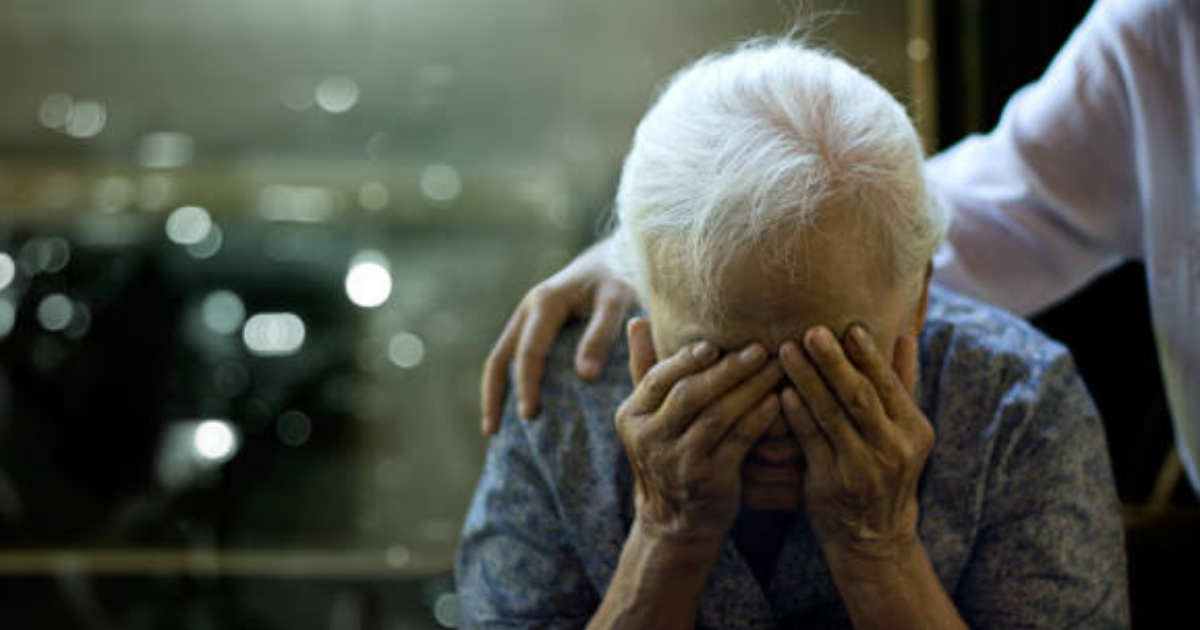 Aging does not only affect a person’s physical body but it also threatens his or her mental health. It is common among older people to develop mental health issues as they age and many of them wish that they know how to prevent them.
Aging does not only affect a person’s physical body but it also threatens his or her mental health. It is common among older people to develop mental health issues as they age and many of them wish that they know how to prevent them.
Around 20% of people aged 55 years old and older manifest signs and symptoms of mental health conditions. Some elderly with serious mental health problems struggle with suicidal thoughts. Based on several studies, men who are 85 years old and older have the highest suicide rate among any age group.
What are the common mental health issues among the elderly?
Many older people are complacent and uncritical about their mental health because they see it as part of aging. Feeling weaker every day or becoming more and more forgetful is just a normal sign that they are old. There is nothing to worry about because these things happen.
On the contrary, mental health issues are not a natural part of the aging process. Mental health issues commonly affect and occur to younger generations. But it is the seniors that are less likely to ask for help. They refuse to undergo treatment such as therapy near me or counseling sessions because of their age.
Severe Cognitive Impairment
Old people’s minds are not as sharp as before and this can be frustrating. They have a hard time making decisions, concentrating and thinking. Memory loss associates with old age but it is not always the case. Some cognitive impairment happens due to other factors such as medications, hormonal imbalance and vitamin deficiency.
Anxiety
The scope of anxiety disorder does not solely illustrate intense worries and apprehension. It ranges from obsessive-compulsive behavior to post-traumatic stress disorder. Other elderly experience anxiety due to specific phobias or panic disorders.
Mood Disorders
The most prevalent mental health issue among elderly is mood disorder, specifically depression. Six million older people aged 65 years old and above are battling with depression. Sad to say, some perceives this condition as being too sensitive or emotional but it can be linked to distress and extreme sadness.
What are the early warning signs of mental health issues among the elderly?

As a person ages, there are so many changes in their overall physical, emotional and mental health. These changes are seen as part of the process and should not cause problems and stress to anyone. In short, these are inevitable and nothing can be done to prevent them.
However, just like anyone we love and care for, their mental health should be a priority no matter how old they are. Older people need support and guidance to have a better quality of life. They should always feel safe and important to enjoy the rest of their lives.
They avoid socializing with friends and family members.
Being with others and interacting with them can be difficult for older people. Their withdrawal and isolation from friends and family can become worrisome if it happens all the time.
Their eating and sleeping habits change.
Drastic changes in weight and sleeping patterns can be indicators of mental health issues among elderly. They need the right amount of sleep, rest and nutrition to keep their physical and mental health at their peak.
They are often confused and disoriented.
Confusion and disorientation are symptoms of dementia or psychosis. This should already be a warning sign that there is a more serious problem that needs immediate attention.
They neglect personal hygiene and care.
Looking good is the least of their concern because they do not go out much and meet people. They insist that it takes so much effort and time. They may be right but even if they are older, physical hygiene is an utmost form of self-care and love.
Their mood keeps on changing.
Medical professionals should be contacted when their bad mood or depression lasts longer than two weeks. Yes, they are easily annoyed and irritated even over petty things but their sudden shifts of mood can be a telltale sign that there is a bigger problem.
They lost interest in doing their daily activities or hobbies.
When they stop doing activities that they used to enjoy, this could be a red flag that something is bothering them. It is important for older people to still feel productive and fulfilled.
They misuse and abuse alcohol or illegal substances.
Mental health illness can push someone to turn to illegal substances and alcohol to feel better and the elderly are no exception. These are unhealthy behavior and if these continue, these will cost their physical and mental health.
They often complain about unexplained physical pain.
Most times, when older people are struggling with mental health problems, physical symptoms start to manifest. They experience stomach pains, digestive problems, excessive sweating and shaking.
They often have memory problems.
Cognitive impairment among older people is not uncommon. This can be triggered by a variety of factors such as medications, hormones and even mental health conditions. Though there are ways to manage it, it is always better to fully understand the root cause of their forgetfulness.
They feel worthless, useless and have suicidal thoughts.
Older people regard themselves as a burden to their family. With their waning strength and deteriorating minds, they could not do much to help.
Where to ask help and guidance?
Seniors, even at their tail end, should continue to feel loved and cared for by their friends and families. Mindshift Psychological Services provides excellent therapy near me and counseling sessions for older people and their families. We make sure that they will receive the best treatments done by world class medical and health experts.
Visit our website to know more of our therapy near me and counseling services, and medical staff. You may also inquire at this number: (714)584-9700.




